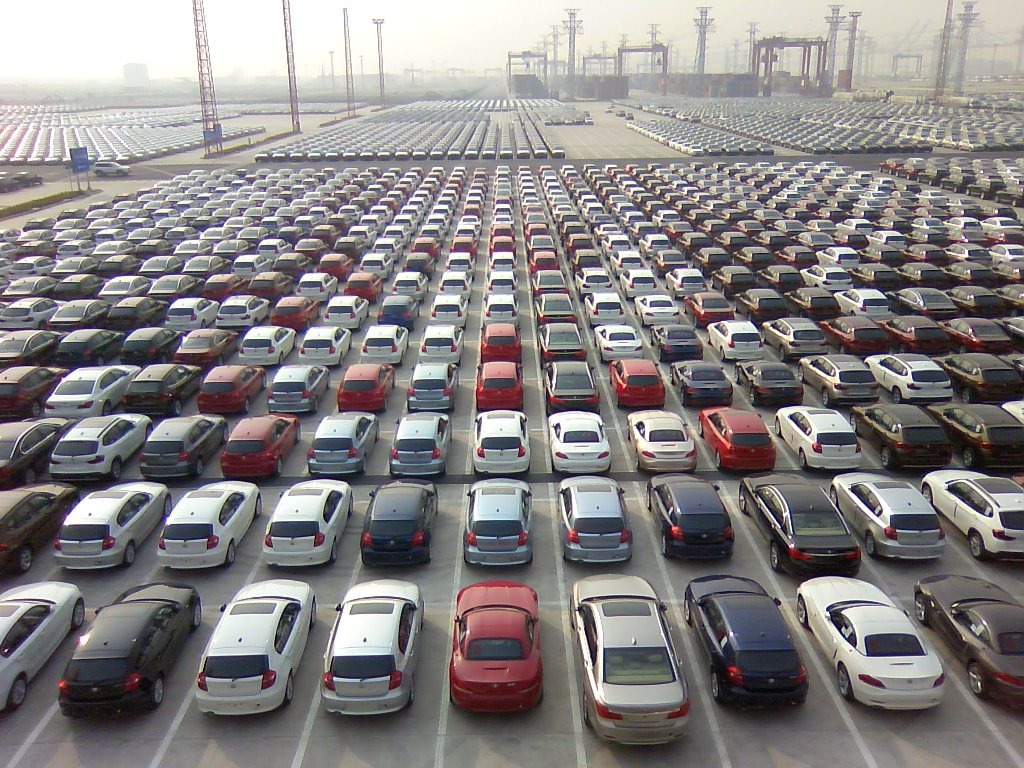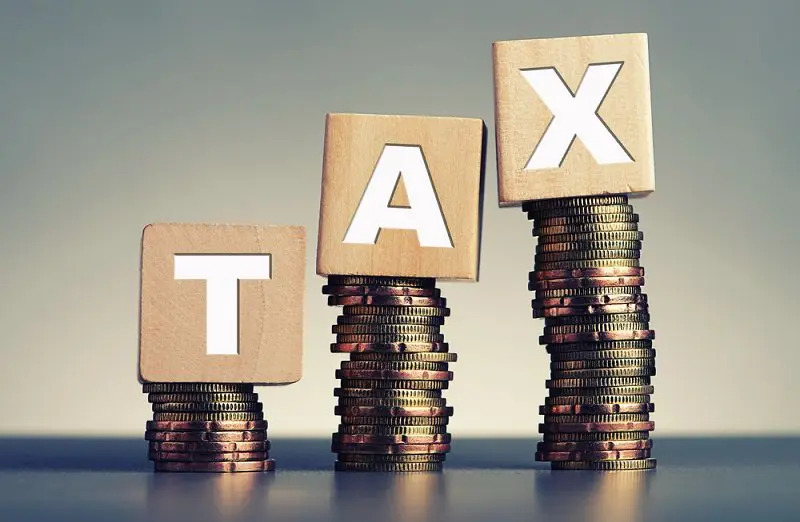Finance Minister Ishaq Dar said that the government has agreed to impose Rs 170 billion in additional taxes during a 10-day extensive discussion with the International Monetary Fund (IMF) program staff-level team on the 9th review.
Dar said that the fiscal measure would be introduced through an ordinance or bill in the parliament, likely a mini-budget. The finance minister said that Pakistan would be disbursed US$ 1.2 billion once the review is approved by the Executive Board meeting of the IMF.
Responding to this, the Federation of Pakistan Chamber of Commerce and Industry (FPCCI) said Pakistan’s economy cannot sustain the imposition of Rs 170 billion in new taxes. While addressing the Lahore Economic Journalist Association (LEJA) discussion program the FPCCI President Irfan Iqbal Sheikh urged the government to abstain from putting more tax burden on existing taxpaying businesses. He said:
“Instead of imposing new taxes, the government should plug the loopholes of revenue leakages from electricity, gas and state-owned enterprises, and privatized loss-making entities.”
Sheikh added that the business community will not accept any mini-budget. He went on to reveal that for the last 8 to 9 months, no multinational company has been able to send their profit back to their principals. Such acts will shatter the confidence of investors and will hinder the inflow of Foreign Direct Investments (FDI).
Comparing the cost of production in various countries he said, “In China and Bangladesh, the cost of electricity per unit is 7-8 cents only while in Pakistan it is 20 cents. In addition to this, the markup rate in Pakistan is 17%, while it is just 2.8% in China, 6.3% in India, and 5.8% in Bangladesh.”
“With such a high cost of doing business, how will Pakistani products ever compete in the world markets,” he lamented. “50% of the containers stuck at the ports have still not been cleared. Importers are now facing demurrages from shipping lines – charging about $120 per container per day.”
The imposition of new taxes may also affect the auto industry which is already struggling with supply-chain issues, steeply rising prices, and sluggish sales. Already the prices have been revised a couple of times within the first 40 days of this calendar year and with constantly depreciating currency value, another increase is likely around the corner. New taxes if imposed will be nothing less than another major blow to the ailing auto industry of Pakistan.

A computer animation professional with over 23 years of industry experience having served in leading organizations, TV channels & production facilities in Pakistan. An avid car enthusiast and petrolhead with an affection to deliver quality content to help shape opinions. Formerly written for PakWheels as well as major publications including Dawn. Founder of CarSpiritPK.com




